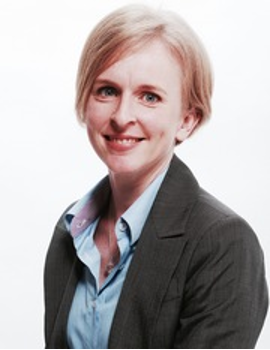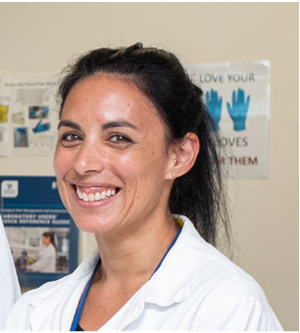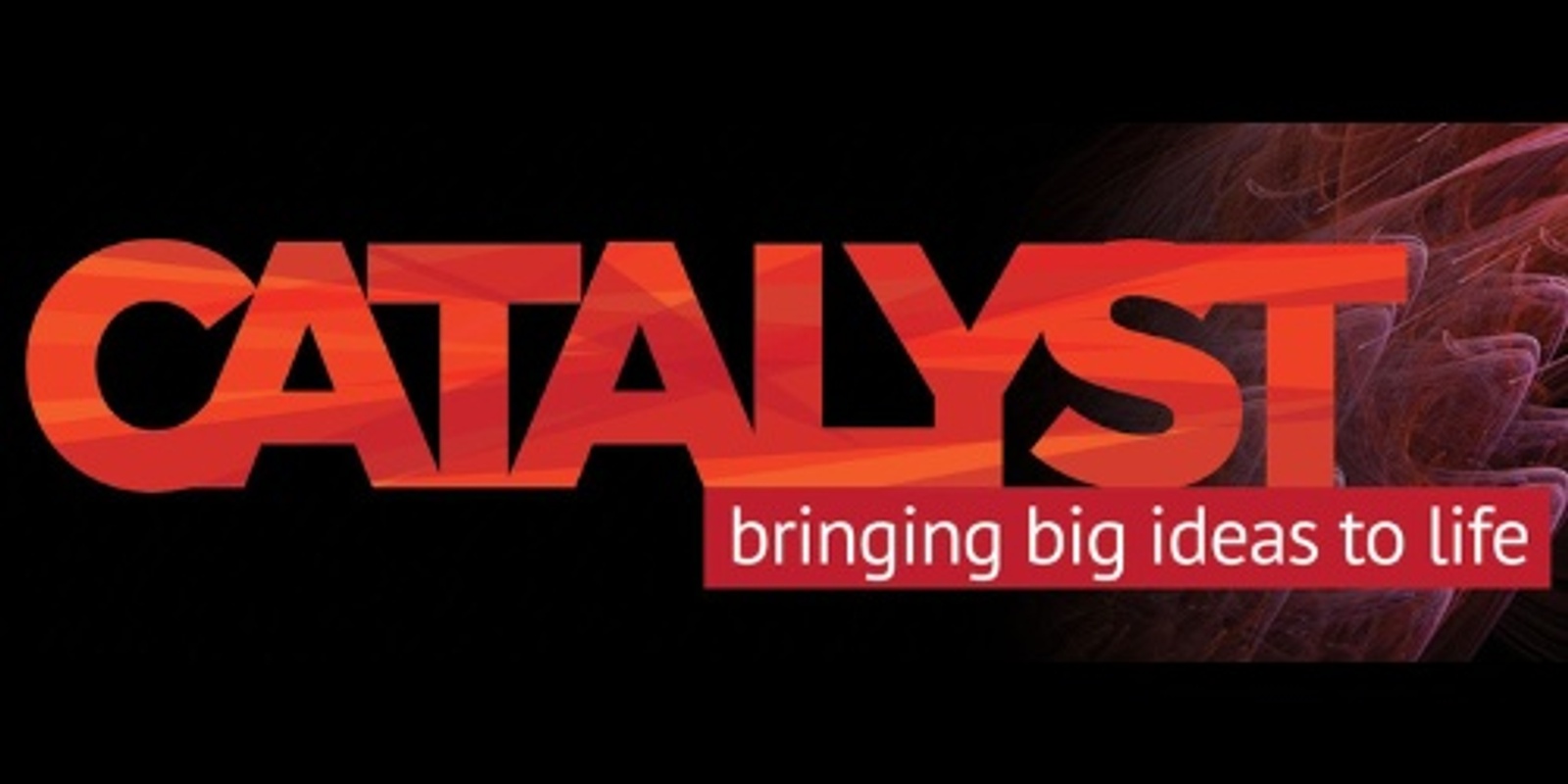Reprogramming our immune system to treat disease
Event description
Global research into immune therapies over the past decade has transformed the potential for treatment of blood cancers, by using a patient’s own immune system to target and destroy cancer cells.
And the use of these therapies for other types of cancer and conditions – such as autoimmune disease or serious infections – is on the horizon.
Our August 5 Catalyst Kōrero will explore the scientific approaches behind different immune therapies, their successes and their challenges, with Associate Professor Emily Blyth and Dr Alicia Didsbury.
Our two keynote speakers from the International Society for Cell and Gene Therapy (ISCT) conference being held in Queenstown say the capacity to supercharge an individual’s immune system is generating much excitement and hope.
Long-term data indicates immune therapies can produce durable responses even in advanced cancers. But there are challenges to implementation – including high manufacturing costs, infrastructure restrictions and logistical challenges.
They are both experts in chimeric antigen receptor T-cell therapy, known as CAR-T, in which immune cells from the person with cancer are “reprogrammed” to attack that person’s cancer.
This immune therapy is now an established treatment for patients with some relapsed blood cancers such as lymphoma, acute leukaemia and myeloma.
But not yet in New Zealand, where only one clinical trial has been conducted, compared to multiple centres in Australia already providing CAR-T to patients.
A recent study by Auckland epidemiologist Prof Mark Elwood showed Australia has the top overall cancer survival rate globally, even though it ranked just fifth in expenditure. New Zealand has a slightly lower cancer incidence, but ranks 22nd in cancer survival and 15th in expenditure.
Our speakers will discuss the science behind how these treatment works and ways in which they might become more widely available.
Monday, 5 August, 6 - 7:30 pm at the Liger Leadership Academy, 34 Grant Road, Five Mile shopping area. Registration required to ensure your seat. Please bring cash for your koha. This will be given to the Queenstown Cancer Society.
SPEAKERS

Emily is a haematologist, bone marrow transplant physician and the Clinical lead for the Cell Therapy Service at Sydney’s Westmead Hospital.
As a Research Lead in the Westmead Cell Therapies Group’s clinical trial programme, she has taken a central role in bringing cell and gene therapy technologies to patients.
This encompasses the development of novel cellular therapies that are manufactured at the Westmead Human Applications Laboratory, designing trial protocols, treating patients on trials and assessing the biological effect of cellular therapies.

Alicia has a PhD in immunology and leads the translational cell therapy team at the School of Biological Science, University of Auckland. Her research focuses on developing T-cell therapy for women with epithelial ovarian cancer.
Alicia is a trustee for the Ovarian Cancer Foundation and serves on multiple committees for ISCT.
Tickets for good, not greed Humanitix dedicates 100% of profits from booking fees to charity


